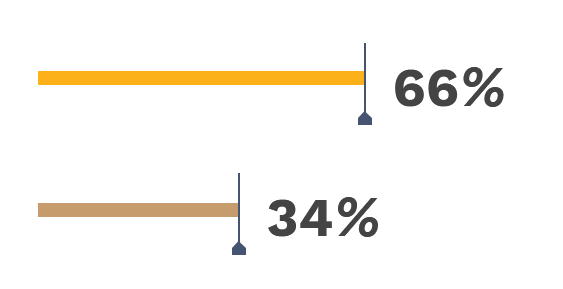Our methods might not be magical. But they are proven.

Risk Profiling
We recognize that every individual or corporate has different needs and our portfolios should be built to meet those needs. We spend time with you to understand your situation before we build your investment portfolio. After all, the possibility of a higher return will not matter if a temporary fall in the value of your portfolio would cause you to lose sleep or panic and sell before a market recovery. We, also, rely on our proprietary ‘risk profiling’ process to help us determine the combination of funds across asset classes which would be most effective in helping you achieve your goals, while being in line with your attitude towards risk.
What’s your risk profile?


